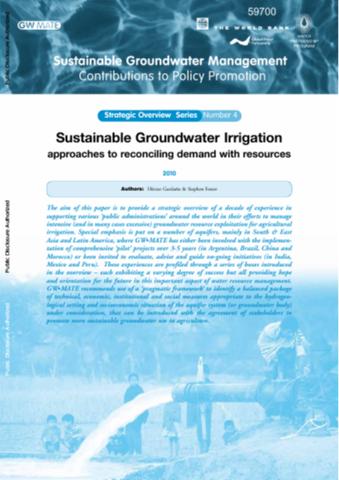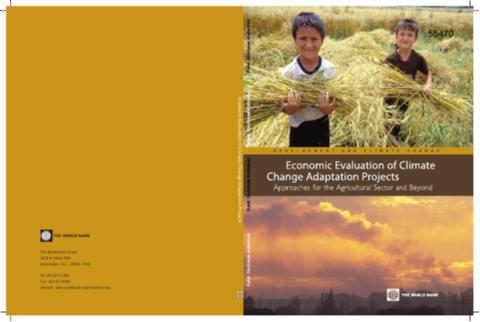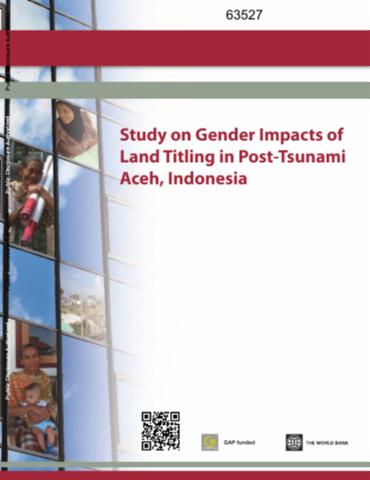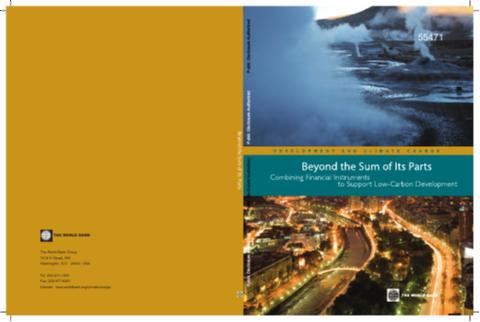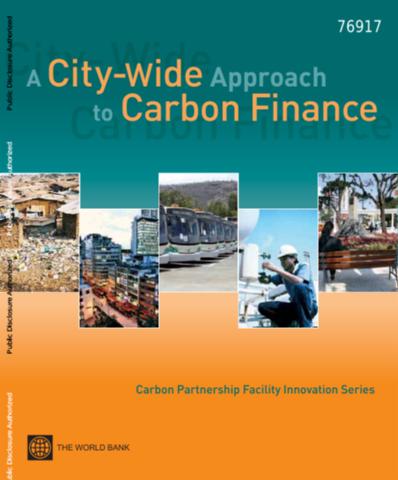The World Bank is a vital source of financial and technical assistance to developing countries around the world. We are not a bank in the ordinary sense but a unique partnership to reduce poverty and support development. The World Bank Group has two ambitious goals: End extreme poverty within a generation and boost shared prosperity.
- To end extreme poverty, the Bank's goal is to decrease the percentage of people living on less than $1.25 a day to no more than 3% by 2030.
- To promote shared prosperity, the goal is to promote income growth of the bottom 40% of the population in each country.
The World Bank Group comprises five institutions managed by their member countries.
The World Bank Group and Land: Working to protect the rights of existing land users and to help secure benefits for smallholder farmers
The World Bank (IBRD and IDA) interacts primarily with governments to increase agricultural productivity, strengthen land tenure policies and improve land governance. More than 90% of the World Bank’s agriculture portfolio focuses on the productivity and access to markets by small holder farmers. Ten percent of our projects focus on the governance of land tenure.
Similarly, investments by the International Finance Corporation (IFC), the World Bank Group’s private sector arm, including those in larger scale enterprises, overwhelmingly support smallholder farmers through improved access to finance, inputs and markets, and as direct suppliers. IFC invests in environmentally and socially sustainable private enterprises in all parts of the value chain (inputs such as irrigation and fertilizers, primary production, processing, transport and storage, traders, and risk management facilities including weather/crop insurance, warehouse financing, etc
For more information, visit the World Bank Group and land and food security (https://www.worldbank.org/en/topic/agriculture/brief/land-and-food-security1
Resources
Displaying 4631 - 4635 of 4907Sustainable Groundwater Irrigation
The aim of this paper is to provide a strategic overview of a decade of experience in supporting public administrations in their efforts to confront excessive groundwater resource exploitation for agricultural irrigation. Special emphasis is put on a series of on-the-ground pilot projects mainly in South and East Asia and Latin America, which are profiled through a series of boxes introduced in the paper.
Economic Evaluation of Climate Change Adaptation Projects
This paper identifies key challenges and solutions for carrying out project-level economic analysis of adaptation to climate change, both stand-alone and integrated into broader development projects. Very few projects addressing adaptation thus far have been subject to in-depth and rigorous economic analysis for a variety of reasons, including a lack of guidance on how to deal with assessments of the impacts of climate change, as well as with estimating costs and benefits of adaptation under uncertainty.
Study on Gender Impacts of Land Titling in Post-Tsunami Aceh, Indonesia
The tsunami that originated from the Indian Ocean in 2004 wreaked massive destruction, killing more than 130,000 people and displacing half a million individuals in Aceh, Indonesia. More than 800 kilometers of coastline was affected, and close to 53,795 land parcels were destroyed. The land administration system sustained significant damage because documentation of land ownership was washed away along with people's houses and other possessions in the affected communities. Physical boundary markers, including trees and fences, also disappeared.
Beyond the Sum of Its Parts
The world development report 2010 estimates that an additional $200 billion per year of climate-related financing is needed in developing countries between now and 2030 to keep global average temperature rise within 2 degrees Celsius. Developing countries face increased financing challenges over coming decades as they seek to pursue economic development along a lower emission trajectory.
A City-Wide Approach to Carbon Finance
Urbanization and climate change will define much of the 21st century. Urbanization leads to improvement in standards of living, and through the increased density and service delivery efficiency of cities, higher growth can be achieved with lower greenhouse gas emissions. Cities and urban agglomerations house more than 50 percent of the global population and contribute more than 70 percent of Global greenhouse (GHG) emissions. As the share of urban population grows, sustainable urban development emerges as an essential component in addressing climate change.






